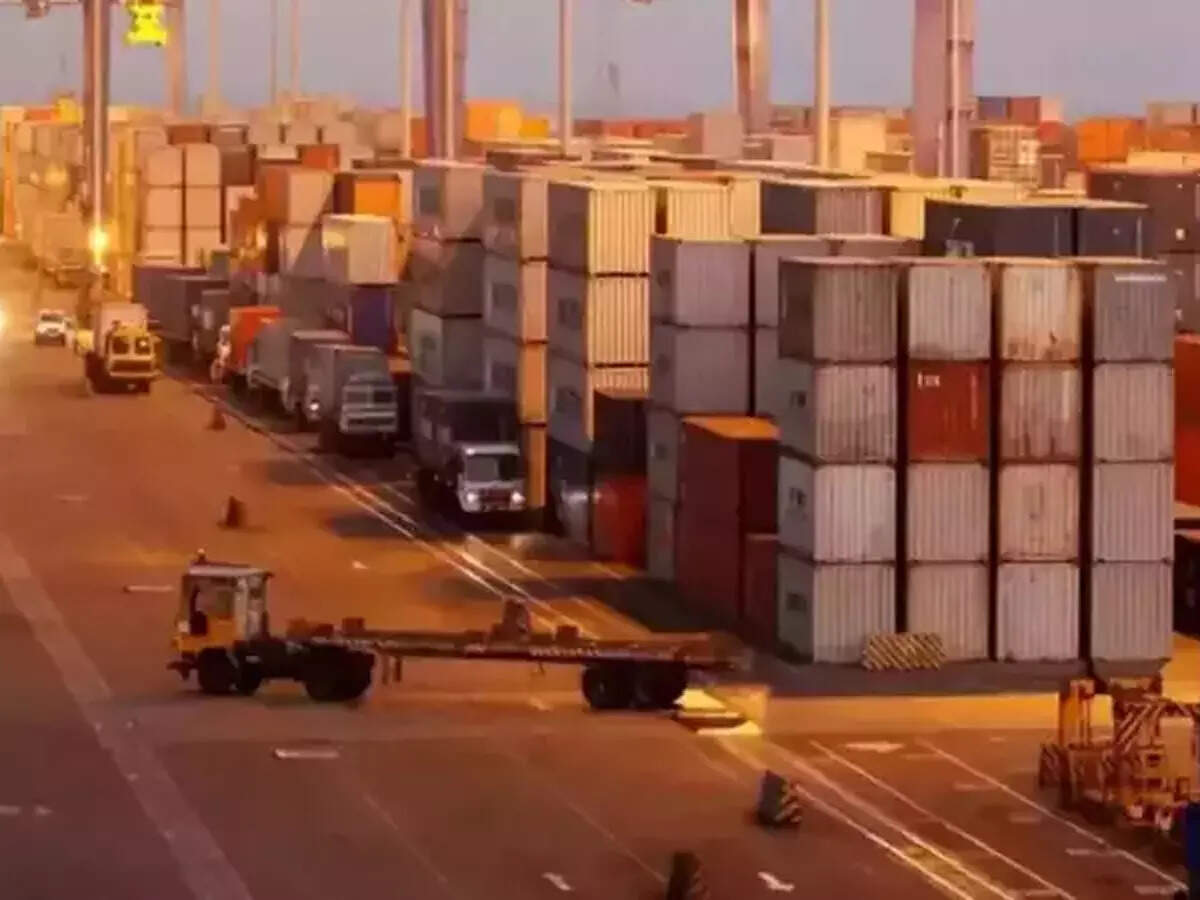
India is proposing to transform its narrow export-focused special economic zones (SEZs) into comprehensive economic hubs through several concessions and the easing of restrictions to attract more investment in these areas.
Industrial units located in these hubs, which will be called Development of Enterprise and Service Hubs (DESH), may be allowed to sell in the domestic market, and contract manufacture for those outside these zones as well, according to a draft circulated for consultation.
Some fiscal incentives and measures to improve the ease of doing business are also likely to be part of the package to transform SEZs into comprehensive economic zones. These hubs may be established by the Centre or a state or jointly by them, or any person for the manufacture of goods or rendering services or for both.
An ‘equalisation levy’ may be imposed on goods or services supplied to the domestic tariff area to bring taxes on them at par with those provided by units outside the zones. Currently, units in SEZs can only export goods or services and can’t sell in the domestic market.
Forex Norm Relaxation
Appropriate legislation is likely to be introduced in the upcoming monsoon session of Parliament once the draft is finalised after stakeholder consultations, said people aware of the deliberations. Finance minister Nirmala Sitharaman said in her February budget speech that the SEZ Act will be replaced with new legislation that would enable states to become partners in development.
States looking to set up such zones will be able to set up boards that will be responsible for oversight. It is also proposed to relax the mandatory foreign exchange payment for domestic tariff area supplies and permit subcontracting both for goods and services for DTA units. “The plan is to make the new SEZ scheme compliant with the WTO rules and doing away with the Net Foreign Exchange clause is the first step in that direction,” said one official.
Many proposals in the draft are from the 2019 report of an expert committee headed by Bharat Forge chairman Baba Kalyani. The committee had suggested SEZs be converted into employment and economic enclaves (3Es) with the extension of tax sunset clauses, simplification of processes, tax benefits for the services sector, and extension of MSME schemes to these zones.